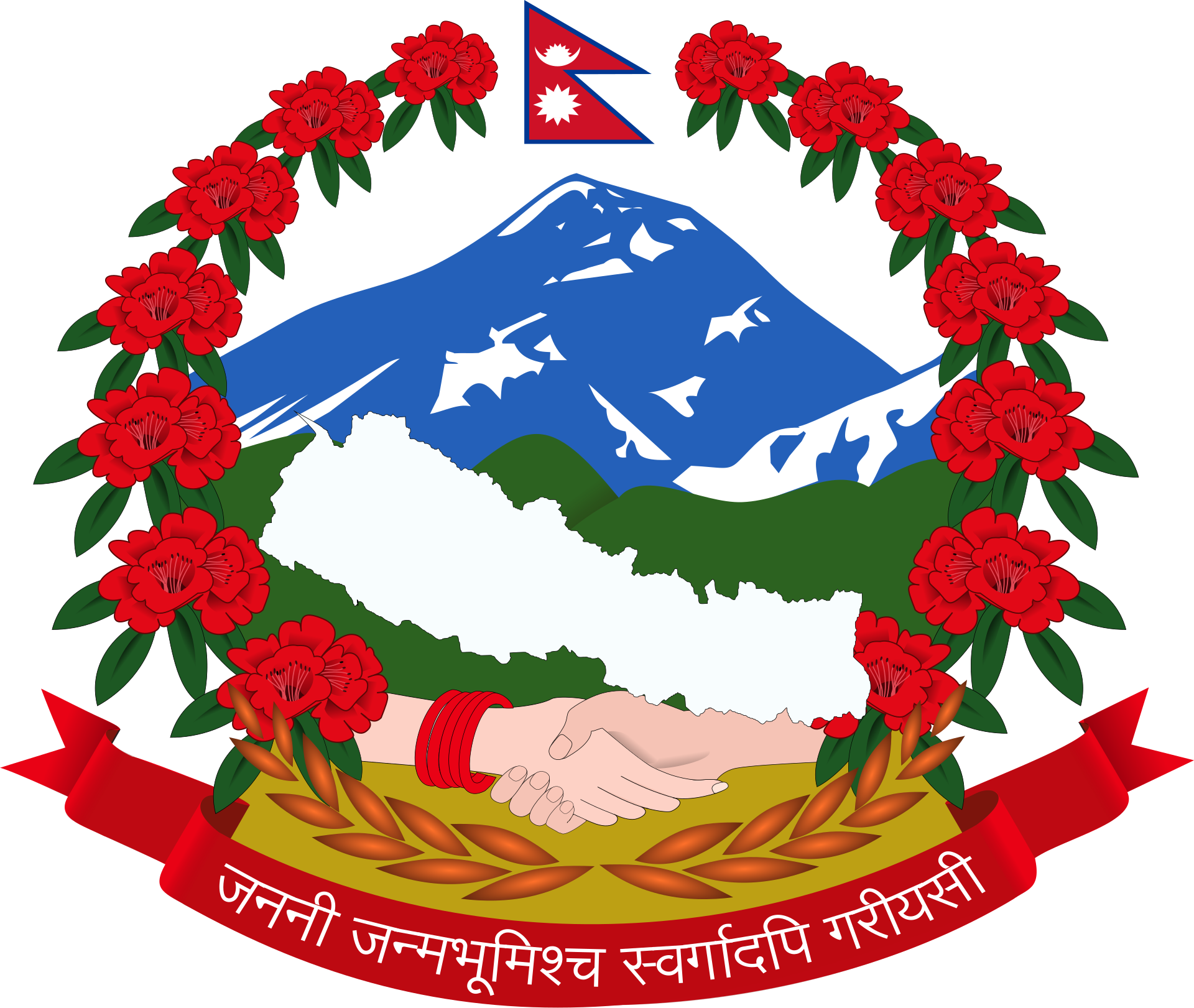- हाम्रो बारेमा
-
महाशाखा-शाखा-इकाई
- खानेपानी तथा योजना महाशाखा
- ढल व्यवस्थापन तथा सरसफाइ महाशाखा
- योजना, अनुगमन तथा मूल्याङ्कन शाखा
- राष्ट्रिय खानेपानी तथा सरसफाइ प्रशिक्षण केन्द्र
- गुणस्तर सुधार तथा सेवा नियमन शाखा
- ढल व्यवस्थापन तथा वातावरणीय सरसफाइ शाखा
- इलेक्ट्रोमेकानिकल तथा हाइड्रो जियोलोजिकल शाखा
- डिजाइन, अनुसन्धान तथा उपयुक्त प्रविधि शाखा
- कर्मचारी प्रशासन शाखा
- आर्थिक प्रशासन शाखा
- संस्थागत सहयोग तथा सेवा परामर्श इकाई
-
कार्यक्रम-आयोजना
- शहरी खानेपानी तथा सरसफाई (क्षेत्रगत) आयोजना
- एकीकृत खानेपानी तथा सरसफाई आयोजना
- सहलगानी खानेपानी तथा सरसफाई आयोजना
- जलवायु अनुकूलित बृहत् खानेपानी आयोजना
- केन्द्रीय खानेपानी आयोजना
- दीगो सरसफाई आयोजना
- राष्ट्रिय सूचना व्यवस्थापन आयोजना
- खानेपानी सेवा विस्तार तथा पुनस्थापना कार्यक्रम
- खानेपानी तथा गुणस्तर सुधार कार्यक्रम
- ढल निर्माण तथा प्रशोधन कार्यक्रम
- खानेपानी सुशासन तथा पूर्वाधार प्रवर्द्धन कार्यक्रम
- डाउनलोड
- सूचना पाटी
- सम्पर्क गर्नुहोस्


महत्त्वपूर्ण सूचना

वि.सं:
नेपाल संवत: ११४६ कछलागा त्रयोदशी - २८
